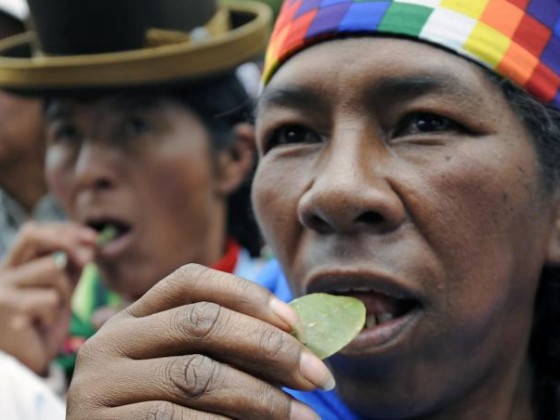LIMA, Peru — First it was gay rights. Then divorce. Now, Pope Francis looks set to tackle another church taboo: the war on drugs.
The pontiff has indicated he may try coca tea, or possibly chew raw coca leaves, when he arrives in the Bolivian capital La Paz on July 8.
Coca is the key ingredient in crack and cocaine and has been internationally outlawed since 1961, under the United Nations’ convention on narcotic drugs.
